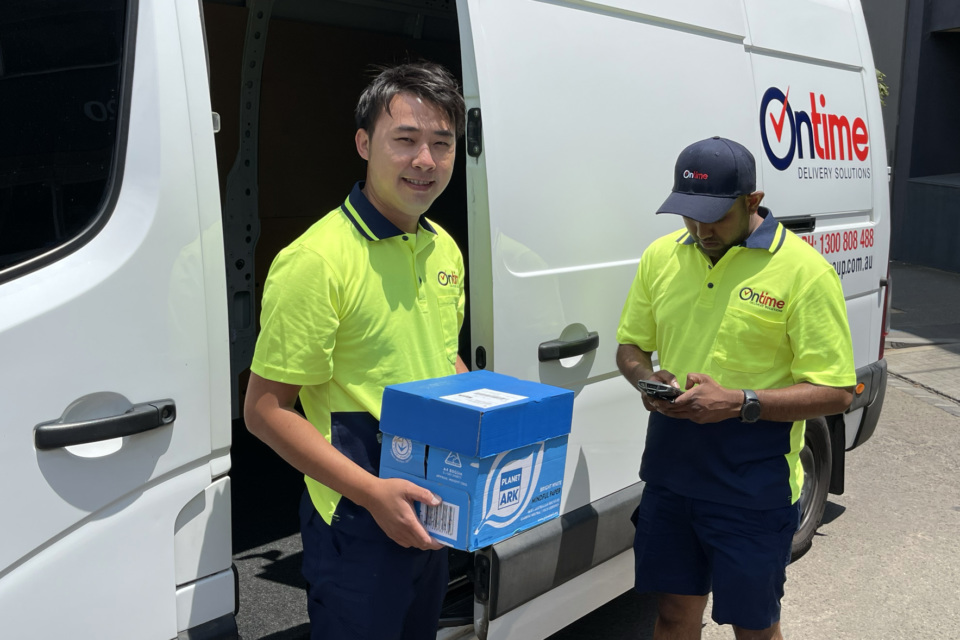Five key things to know when outsourcing delivery transport

Outsourcing is hugely valuable to small business – in fact its benefits are magnified for start-ups and small business, provided you make the right choices.
Consider transport – it’s expensive, usually, a top-five cost for delivery-reliant businesses and things can and do go wrong. There are strong benefits in accessing a professional, high performing network without taking on the enormous fixed cost outlay yourself.
However, few small-to-medium businesses are experts in the field of transport and there are squillions of delivery transport options available. How do you make the right choice?
Success in outsourcing transport comes down to some simple steps – keep the following in mind and you are halfway to choosing well.
1. Understand your transport needs: Each business is unique, what do you need? Consider what your business needs during its peak times during the year, and what it’s likely to need in one, two, three and even five years’ time. It’s important to be realistic, and avoid making decisions on “best-case scenarios”. It’s also about knowing what your business looks like when it is running well, able to handle increased demands without sacrificing customer service or professionalism.
2. Understand your transport costs: Across 35-plus years in delivery transport, I have noticed a persistent gap in the “perceived costs” and “actual costs” of transport among business owners and managers. Understanding the true costs is critical. I urge any business to do everything they can to factor in every little cost involved in their delivery transport – few business areas are so vulnerable to unpredictable and hidden expenses. If you unearth the hidden costs you dramatically increase your ability to budget realistically, identify value and make good choices.
3. Understand that anybody can call themselves a transport business: Delivery transport solutions have popped up like mushrooms during the last decade. Just remember, anyone can buy a few vans and call themselves a transport company. Beware of gimmicks or anything which sounds too good to be true. Try to understand the company’s size, track record and ability to work with you during times good and bad – if they are serious they will have no problem connecting you with their current clients for more insights.
4. You don’t need to rush into signing anything: Beware any supplier who tries to push you into a great commitment. In fact, starting slow is often useful, as it lets you test the waters before you commit to more.
5. Relationships are more important than you might think: Success comes down to people. If you’re going to be in close contact with this supplier, it’s important you can work together. It’s ok to be demanding at times but it’s also important to be communicative and constructive. Taking a little time to get to know them is often a positive first step in building a productive working relationship.
Written by Walter Scremin, CEO - Ontime Delivery Solutions.
This article first appeared in '', 1 October 2019.